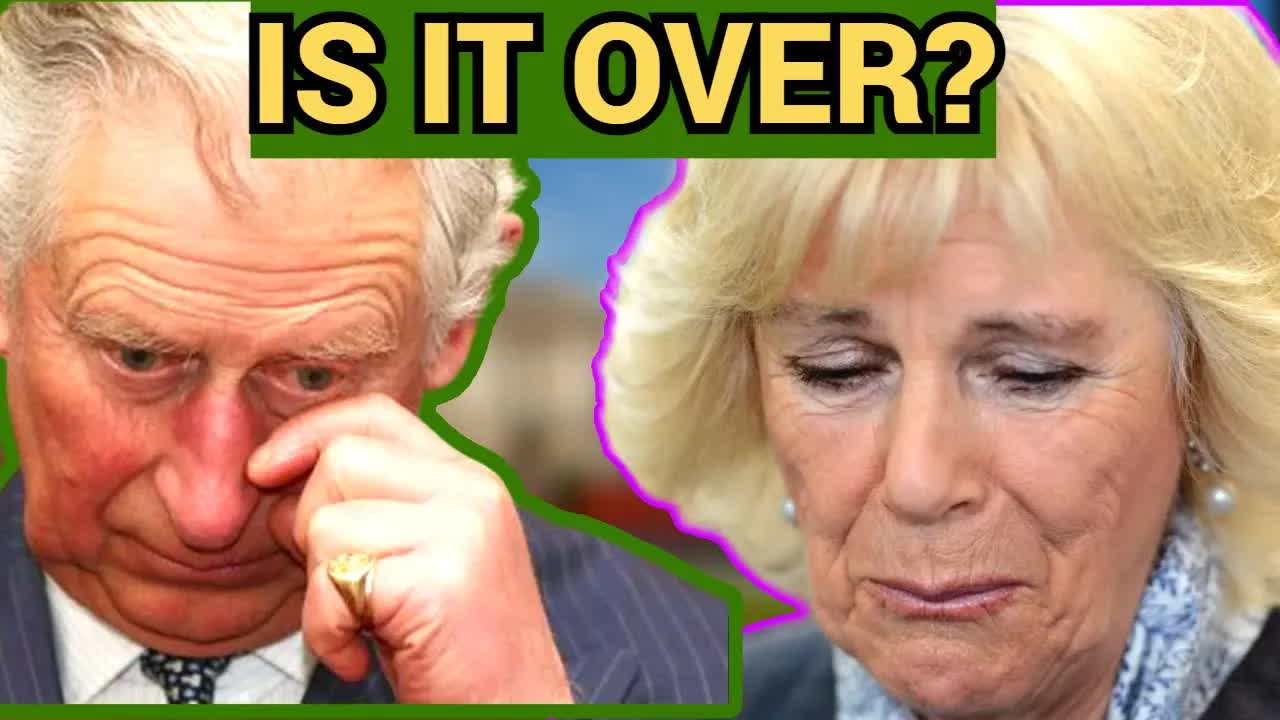The News
A Royal Crossroads: Health Struggles and Succession Drama at Buckingham Palace
In the lavish halls of Buckingham Palace, a significant shift is unfolding.
King Charles III is courageously facing a cancer diagnosis, stirring up discussions about a potential change in leadership.
Sources close to the royal family suggest that the king's reign may be nearing its end, with Prince William ready to ascend the throne sooner than expected.
However, this royal narrative is far from straightforward, as it intertwines with family tensions, health crises, and long-standing grievances.
Back in February, King Charles took an unprecedented step for the royal family by publicly disclosing his cancer diagnosis.
Given the monarchy's historical preference for privacy, this revelation marked a moment of vulnerability that resonated with many Britons.
The public rallied around their monarch, inspired by his bravery in sharing such personal news, which offered hope to those grappling with their own health battles.
Initially, reports indicated that Charles was responding well to treatment, leading to cautious optimism among the public.
However, as October rolled around, rumors circulated that the king had paused his treatment, sending alarm bells ringing both within the palace and among the populace.
This raised a troubling question: could this signal the twilight of King Charles III's reign?
Many hoped he would follow the lengthy legacies of his parents, both of whom lived into their nineties.
Yet, with Charles confronting his mortality, attention naturally shifts to who might take his place.
Prince William, often seen as the reluctant heir, now finds himself standing on the precipice of kingship much earlier than anticipated.
Having been groomed for this role over the past four years, the reality of stepping into his father's shoes is dawning upon him.
Insiders reveal that William has begun to shoulder more of his father's responsibilities, all while supporting his wife, Princess Kate, who is also battling her own health issues.
The weight of these dual crises feels heavier than ever.
William has emerged as a modernizing force within the royal family, advocating for causes like mental health awareness and environmental conservation—issues that resonate with a younger audience.
However, the challenges of leading a monarchy in today's world are manifold, and William's journey towards the throne is fraught with hurdles.
Behind the scenes, preparations are already underway for a transition, codenamed Operation Menai Bridge, detailing the protocols following King Charles' passing.
As if the impending royal transition weren't enough, Prince William is also navigating the emotional turmoil surrounding Princess Kate's recent cancer diagnosis.
In a heartfelt video, Kate revealed her struggles with cancer and her recent chemotherapy treatment.
The announcement shocked many, as Kate has long been viewed as the epitome of health.
Her candidness and resilience have only deepened the public's admiration for her, showcasing a side of the princess that is rarely seen.
Yet, the strain of these personal battles weighs heavily on William, who is poised to take on the responsibilities of kingship while supporting Kate through her recovery.
Adding to the family dynamics is the lingering question of Prince Harry's potential return to the fold.
With King Charles' health declining, some speculate that this moment could prompt a reconciliation between him and his estranged son.
However, sources indicate that William remains hesitant, still harboring resentment over Harry's past criticisms of the royal family.
Complicating matters further is Queen Camilla's position as her husband's health falters.
While she has been a loyal partner to Charles, questions loom about her future role once he is no longer king.
Will she remain a prominent figure in the monarchy, or will she fade into the background as William and Kate take center stage?
Camilla's transformation from Charles' mistress to Queen Consort has been remarkable, but the prospect of losing her husband adds another layer of complexity to her situation.
As the British monarchy braces for its next chapter, the critical question arises: can it thrive in a rapidly changing world?
Prince William's modern values and progressive vision could lead the monarchy into a new era.
However, the institution must grapple with public perceptions that often view it as outdated.
William aims to streamline the monarchy, focusing on core family members while potentially sidelining others, including Harry and Meghan.
The future of the British monarchy hangs in the balance, with numerous challenges ahead.
As King Charles' health continues to decline, Prince William must prepare for his ascension while simultaneously supporting his wife through her health battles.
Family tensions, particularly with Harry, simmer beneath the surface, threatening to overshadow this pivotal moment.
Meanwhile, Queen Camilla faces uncertainties about her role as the younger generation steps into the spotlight.
As we look ahead, one thing is clear: the British monarchy is navigating uncharted waters filled with uncertainty.
Yet, history has shown that this resilient family often finds a way to endure, even amid scandal and upheaval.
The coming months promise to be a defining period for the royals, as they confront the inevitable changes that lie ahead.






























































